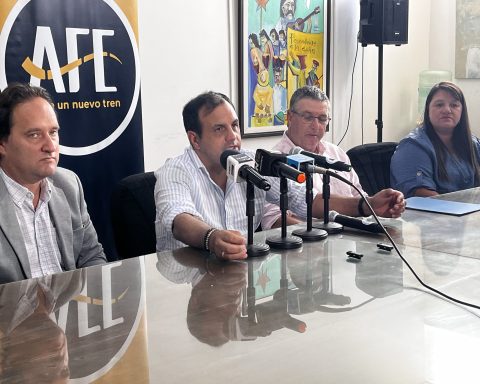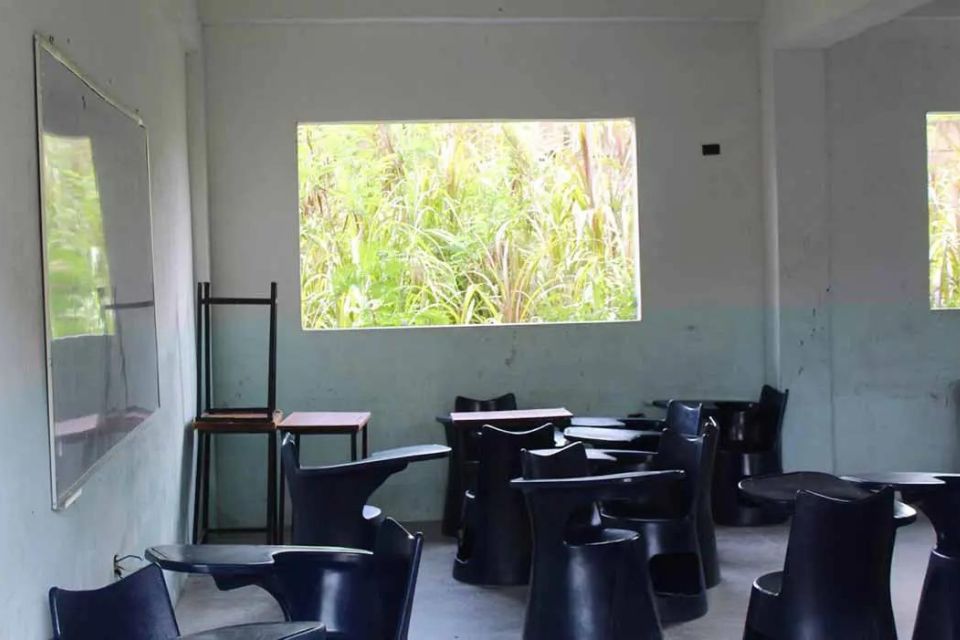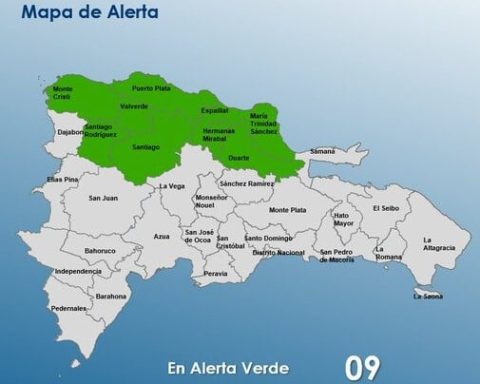
The case of Senator of the National Party, Gustavo Penadéshas taken a new turn this Tuesday, when the criminal judge Marcela Vargas resolved to give rise to the request for immunity presented by the prosecutor for Sexual Offenses, Alicia Ghione. Penadés is under investigation for alleged crimes of a sexual nature, after being publicly accused of abuse. This judicial decision has generated a significant impact both in the political arena and in public opinion in the country.
Judge Marcela Vargas, through the Decree No. 1403/2023 of May 30, 2023has resolved to accept the request for immunity presented by the prosecutor Ghione. This determination is based on the provisions of article 114 of the Constitution, which establishes that no senator can be criminally accused, except for specific crimes and in which case the respective Chamber must be in charge of deciding whether there is room for the formation of cause.
Judge Vargas has argued in her resolution that, despite the fact that the impeachment request would require calling Senator Penadés to a hearing to convey to him the proposal of the Prosecutor’s Office and listen to his version, it has been decided to avoid this step due to the media consequences that it could cause. In addition, it has been considered that parliamentary privileges belong to the Chamber and not to the legislator individually considered.
The intervention of the Supreme Court of Justice
Judge Vargas’ resolution has also determined that testimony of the proceedings be submitted to the Supreme Court of Justice (SCJ) for processing. As established in article 240 of the Constitution, communication between the powers of the State is carried out through the SCJ, which acts as a formal intermediary without intervening in the substance of the matter.
For the privileges of a legislator to be lifted, as in the case of the senator Penades, the Prosecutor’s Office must submit a request to the relevant judge, who then formally forwards the request to the Supreme Court of Justice. Once entered into Parliament, the request is reported to the legislators and forwarded to the Constitution and Legislation Committee. In this instance, the members of the commission study the parliamentary file and issue a report, advising or advising lawlessness. The final vote is carried out in the plenary session of the Chamber of Senators, where approval with two-thirds of the votes is required for the relief to be effective.
In the event that the impeachment of Senator Penadés is approved, he will be suspended from his functions and will be at the disposal of the competent court, just like any other person with merely civil status.















